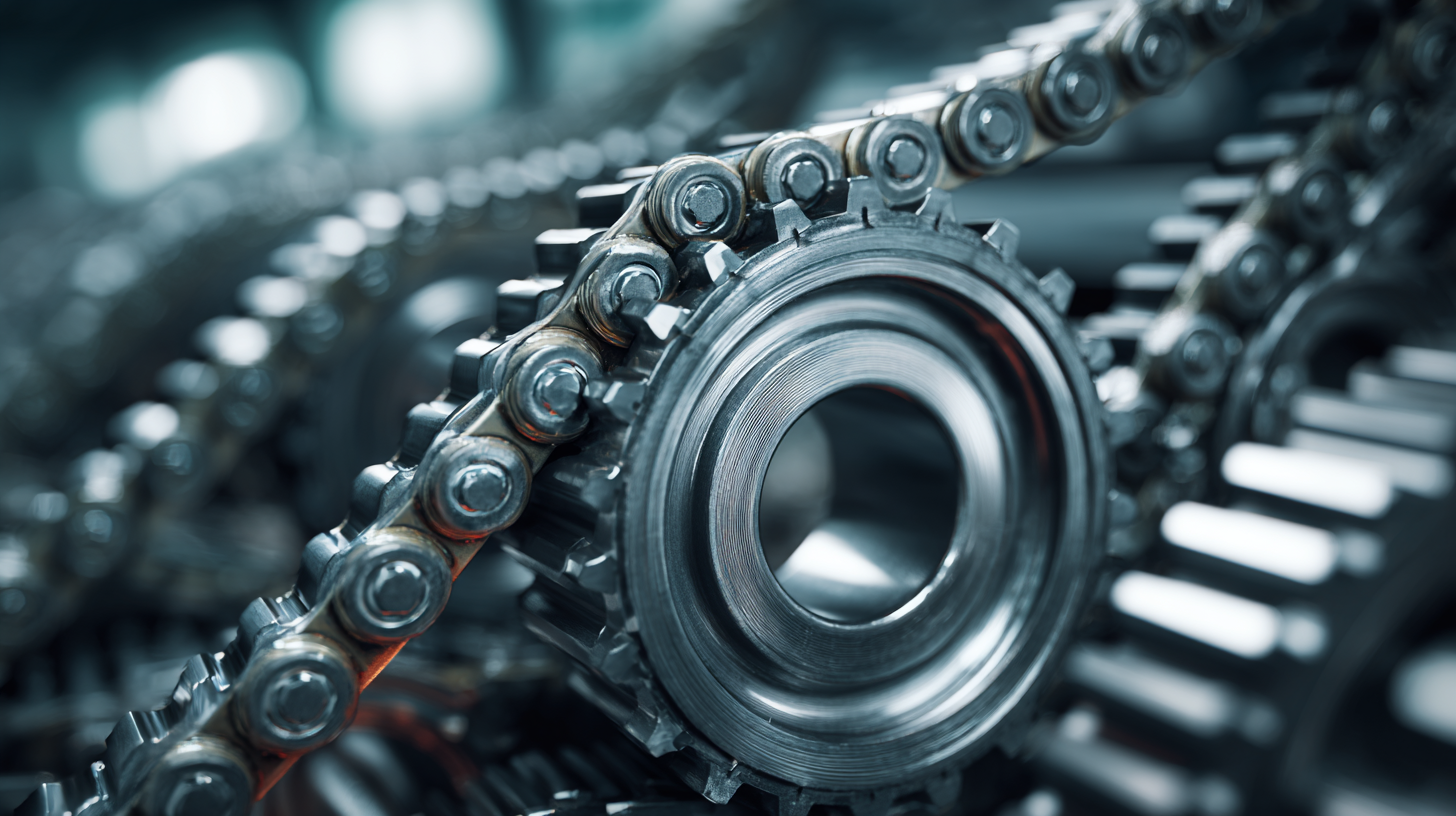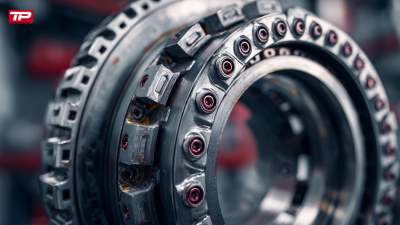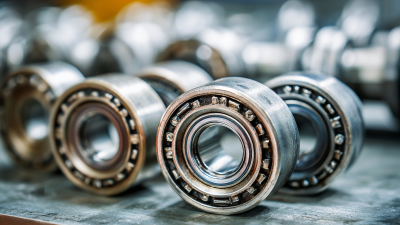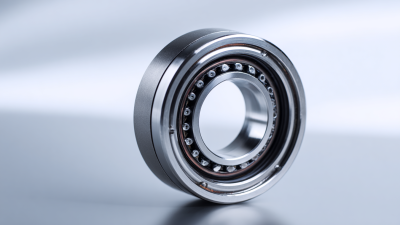In today's ever-evolving agricultural landscape, the efficiency and reliability of farming equipment play a crucial role in ensuring productivity and sustainability. One often overlooked component that significantly contributes to this efficiency is Agricultural Bearings. These essential components facilitate the smooth operation of various machinery used in modern farming practices, from tractors to harvesters. As the demand for increased productivity grows, the design and functionality of Agricultural Bearings have advanced, leading to improved durability and reduced maintenance needs.
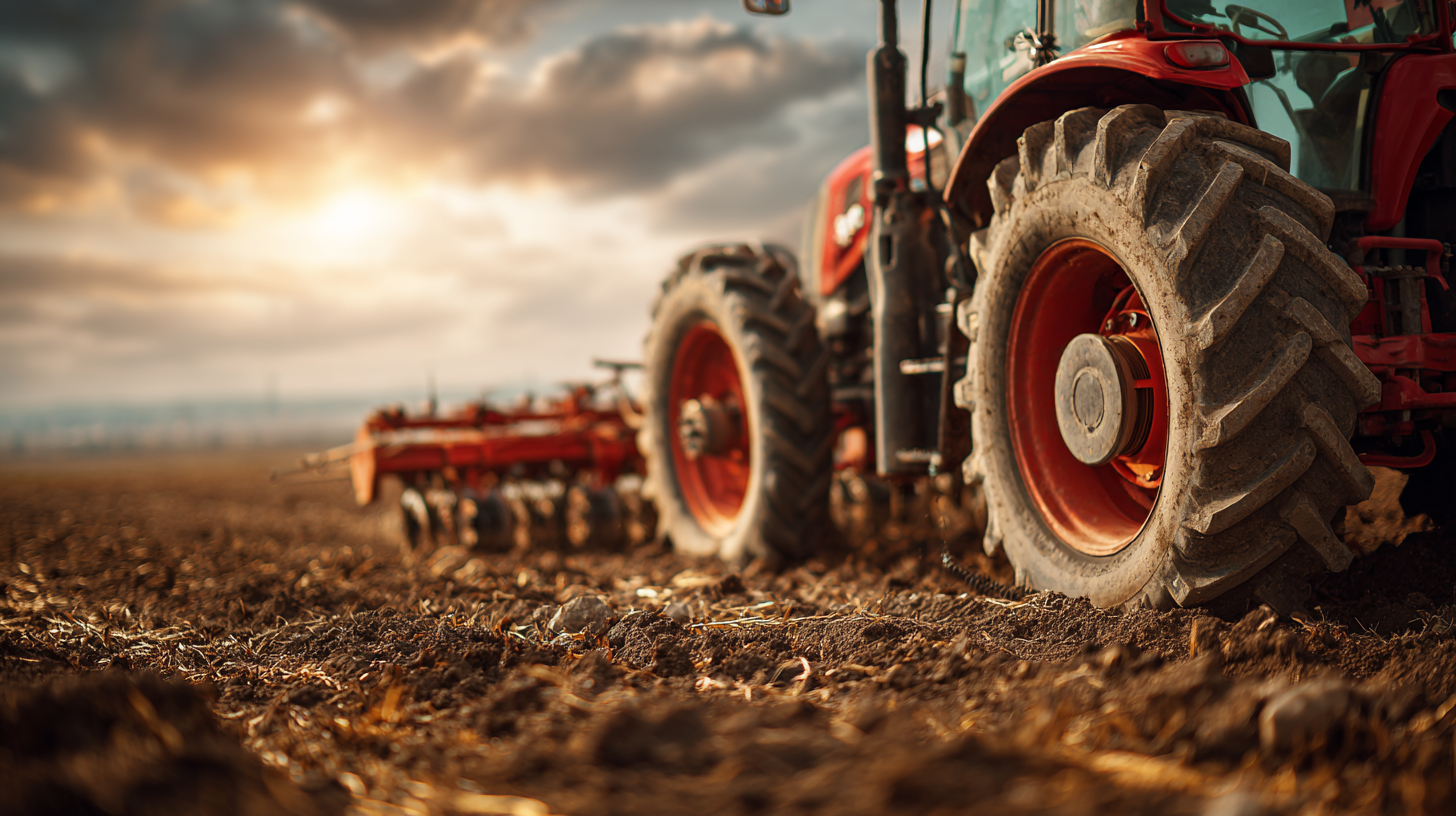
This article delves into the importance of Agricultural Bearings in contemporary agricultural operations, highlighting their role in enhancing equipment performance and ultimately supporting the global food supply chain. By understanding the impact of these vital elements, farmers and equipment manufacturers can make informed decisions that enhance operational efficiency and drive innovation in the farming industry.
Agricultural bearings play a crucial role in enhancing the performance of modern farming equipment. These components reduce friction between moving parts, allowing machinery to operate more smoothly and efficiently. In the fast-paced environment of farming, where timely operations are critical, high-quality bearings ensure that tractors, harvesters, and other equipment can function optimally under demanding conditions. This reliability not only minimizes downtime but also maximizes productivity, which is essential for meeting the increasing global food demands.
The significance of agricultural bearings extends beyond mere functionality; they are integral to the overall performance and longevity of agricultural machinery. By supporting heavy loads and withstanding harsh terrains and weather conditions, these bearings contribute to better maintenance of equipment. Their durability reduces the frequency of repairs and replacements, resulting in cost savings for farmers. Furthermore, advanced bearing technologies, such as those designed to resist contamination and moisture, enhance the efficiency and operational lifespan of agricultural machinery, facilitating sustainable farming practices.
In modern farming, agricultural bearings play a crucial role in enhancing equipment efficiency and overall productivity. Bearings are essential components in various agricultural machinery, facilitating smooth movement and reducing friction in rotating parts. The key types of agricultural bearings include roller bearings, ball bearings, and sleeve bearings, each designed to handle different loads and operating conditions. Roller bearings are particularly useful for high-load applications, while ball bearings provide optimal efficiency for lighter loads. Sleeve bearings, on the other hand, are often used in situations where space is limited but smooth operation is required.
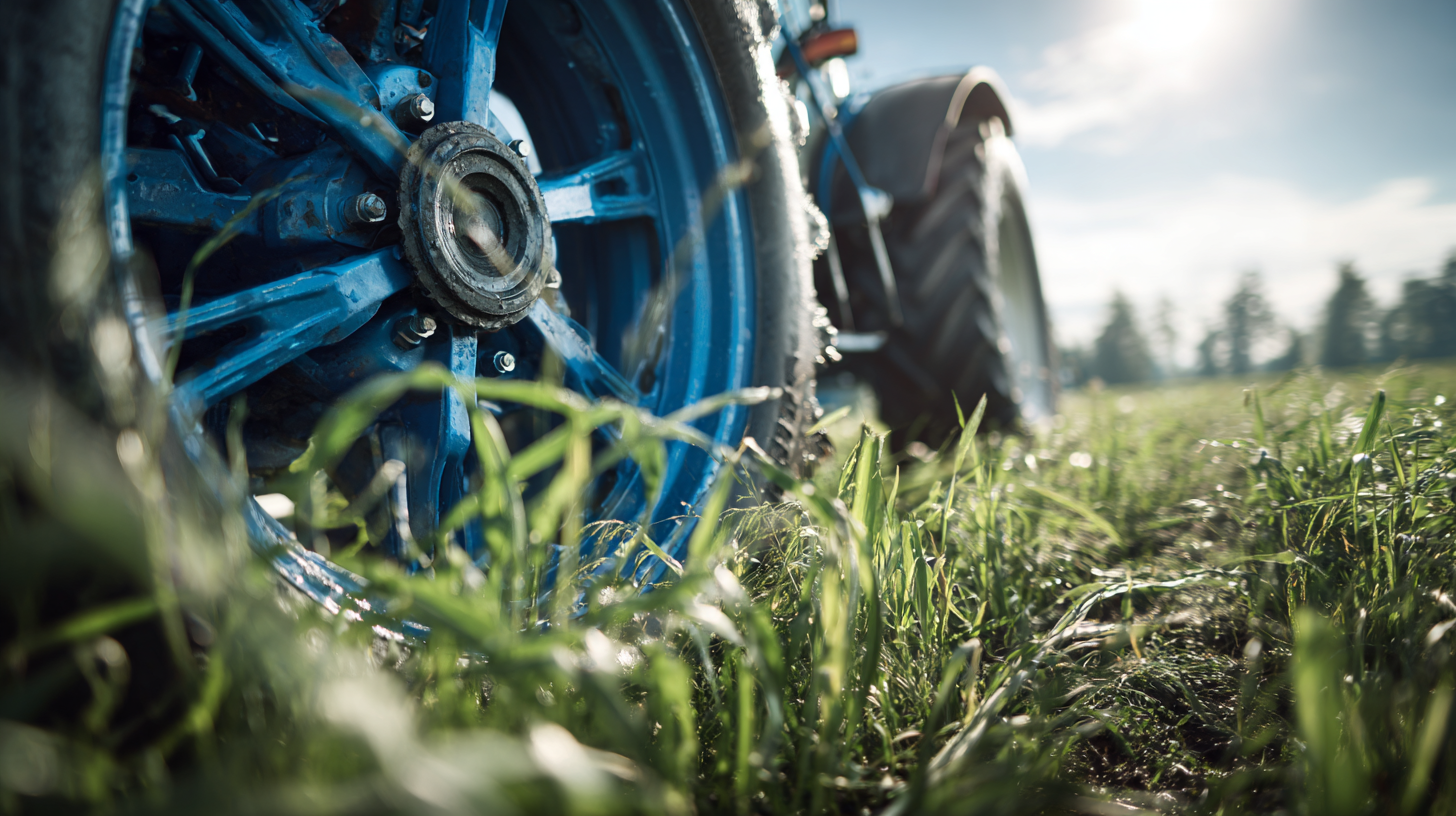
Tips: When selecting bearings for agricultural equipment, consider the operating environment. Bearings exposed to moisture, dust, and dirt should have robust seals and be made from corrosion-resistant materials to ensure durability. Additionally, regular maintenance and lubrication of bearings can significantly extend their service life, reducing downtime and repair costs. Ultimately, choosing the right type of bearing for specific applications can lead to improved performance and efficiency in modern farming practices.
In modern farming practices, the efficiency and durability of equipment hinge significantly on the quality of agricultural bearings. These components minimize friction between moving parts, which not only enhances performance but also extends the lifespan of machinery. When properly integrated into equipment, bearings can reduce wear and tear, allowing farmers to maximize their operational efficiency and minimize downtime caused by maintenance issues.
**Tips:** To improve the longevity of your bearings, ensure regular inspections and maintenance are part of your routine. Look for signs of dirt, rust, or abnormal wear, as these can lead to premature failure. Additionally, using bearings that are specifically designed for agricultural settings can enhance performance, as they are built to withstand the harsh conditions commonly found in farming environments.
Furthermore, effective bearing maintenance helps in keeping machinery running smoothly, reducing the frequency and severity of breakdowns. This translates not only to lower repair costs but also to higher productivity on the farm. Implementing a proactive maintenance schedule can significantly enhance the efficiency of your agricultural operations, ensuring that your equipment remains in optimal working condition.
**Tips:** Always keep spares for critical bearings on hand, as quick replacements can prevent extended downtime during peak farming periods. Additionally, consider the use of lubricant that is suited for the specific bearing type to ensure smooth operation and avoid overheating.
| Parameter | Impact on Equipment | Maintenance Efficiency | Durability Rating (Years) |
|---|---|---|---|
| Bearing Type A | High load capacity, reduces downtime | Requires less frequent lubrication | 10 |
| Bearing Type B | Good resistance to harsh environments | Easy to inspect and replace | 8 |
| Bearing Type C | Excellent shock absorption | Moderate lubrication needs | 7 |
| Bearing Type D | Low friction for increased efficiency | Longer intervals between maintenance | 12 |
Innovations in bearing technology have become crucial in enhancing the efficiency and sustainability of modern agricultural practices. As the demands for higher productivity and eco-friendliness escalate, manufacturers are developing advanced bearings that are not only durable but also designed to minimize friction and wear. These improvements lead to machines that operate more smoothly, requiring less energy and reducing the need for frequent maintenance. For instance, the incorporation of materials such as ceramic and advanced polymers has shown significant promise in extending the lifespan of bearings used in heavy agricultural equipment.
Moreover, the advent of precision engineering in bearing design allows for optimized performance in various climatic conditions, thereby contributing to increased reliability in field operations. Smart bearings equipped with sensors can monitor parameters like temperature and load, facilitating proactive maintenance strategies that prevent equipment failure. This IoT integration not only supports sustainable farming by reducing downtime but also aids in precise farming techniques, minimizing waste and maximizing yield. Through these innovations, agricultural bearings are playing a central role in driving the evolution of farming equipment towards a more efficient and environmentally friendly future.
In modern agriculture, the use of high-performance bearings has proven to be a game-changer, significantly enhancing equipment efficiency and reducing downtime. For example, Kubota, a leading agricultural machinery manufacturer, reported that implementing advanced bearing solutions in their harvesters increased operational speed by 15% and reduced failure rates by 30%. Such successful applications highlight the critical role bearings play in ensuring that farming operations run smoothly, even under challenging conditions.
Additionally, a case study from the American Society of Agricultural and Biological Engineers (ASABE) found that farms using precision bearings in their irrigation systems experienced a 20% increase in water efficiency. This not only improves crop yields but also supports sustainable farming practices by optimizing resource use. The integration of bearings into equipment like plows and tillers has led to innovations that enhance responsiveness and durability, ultimately benefiting the entire farming process.
Tip: Regular maintenance checks on bearings can prevent costly replacements and extend the lifecycle of farming equipment. Ensure that lubrication schedules are adhered to, as proper lubrication can enhance the performance of bearings and prevent premature wear.
